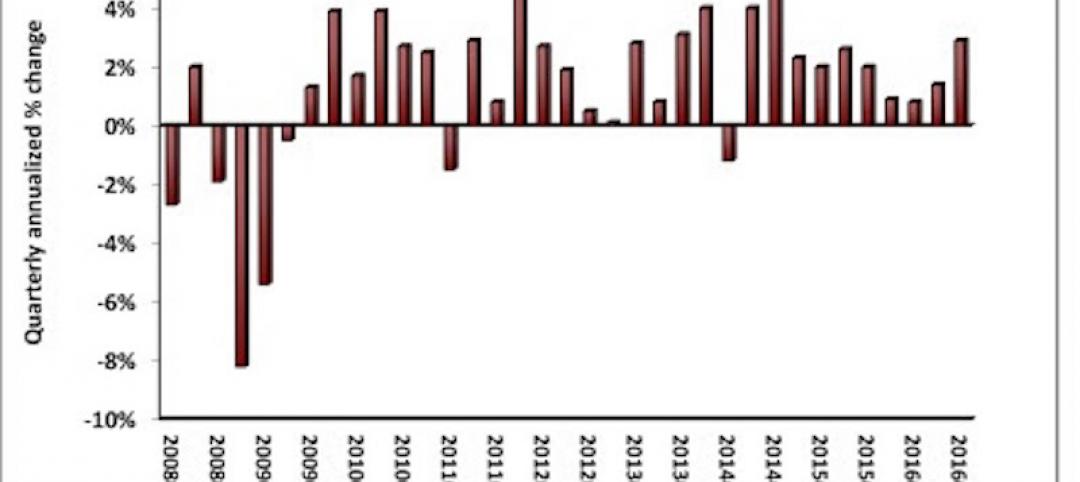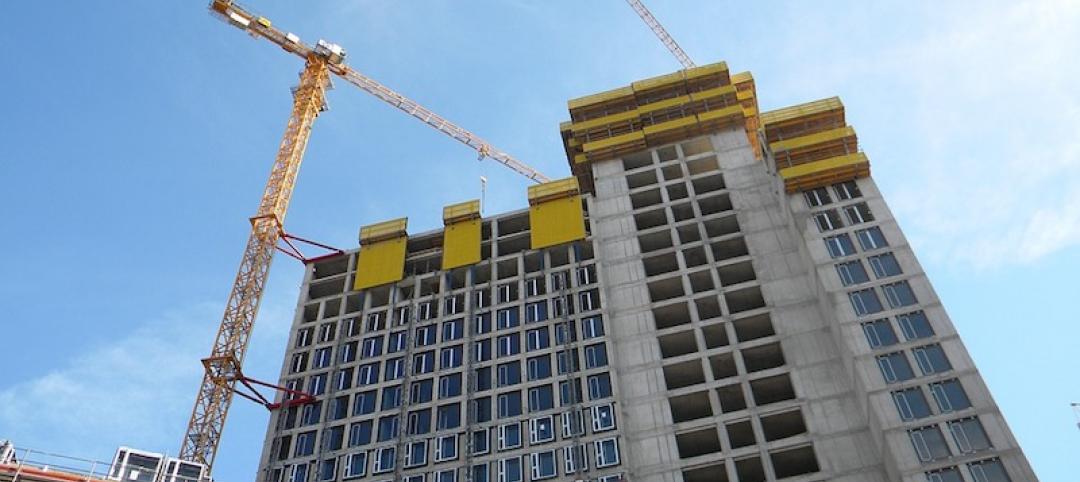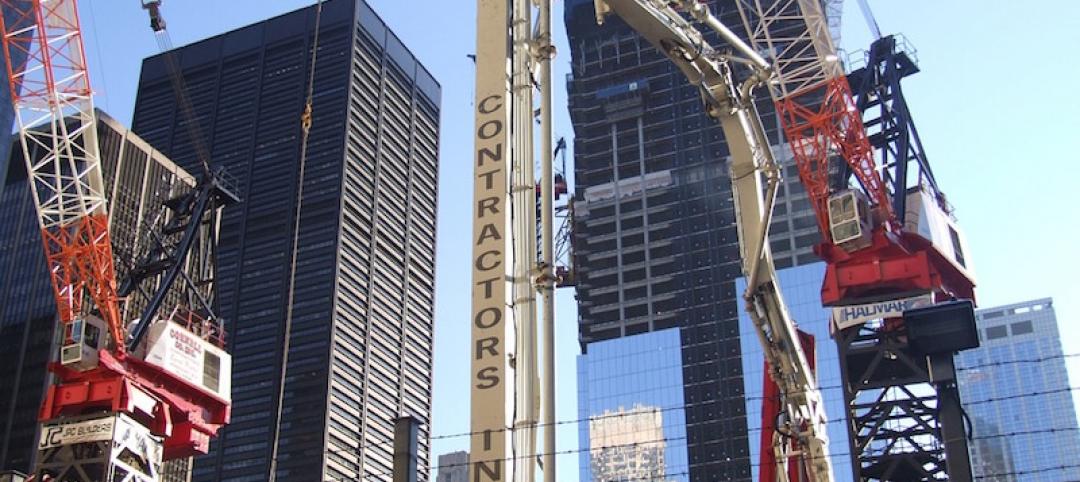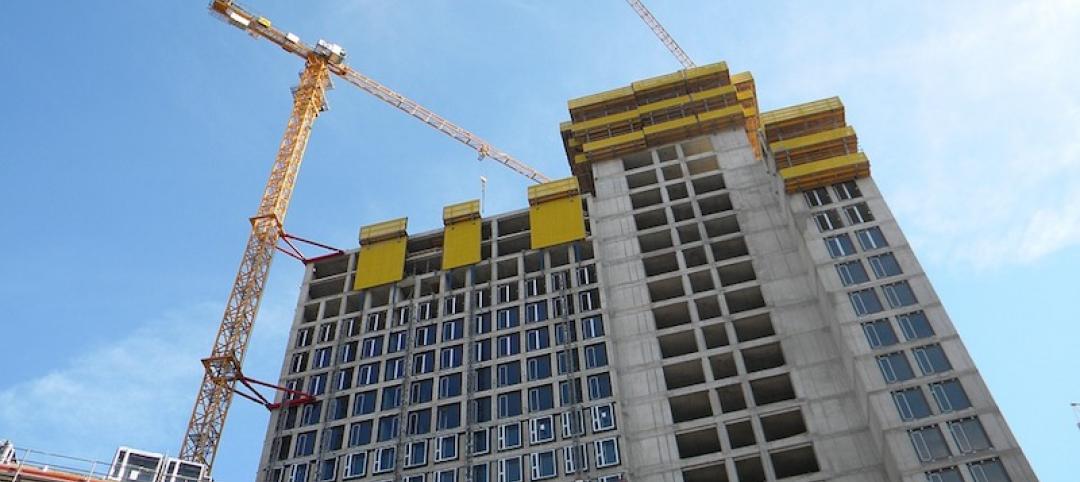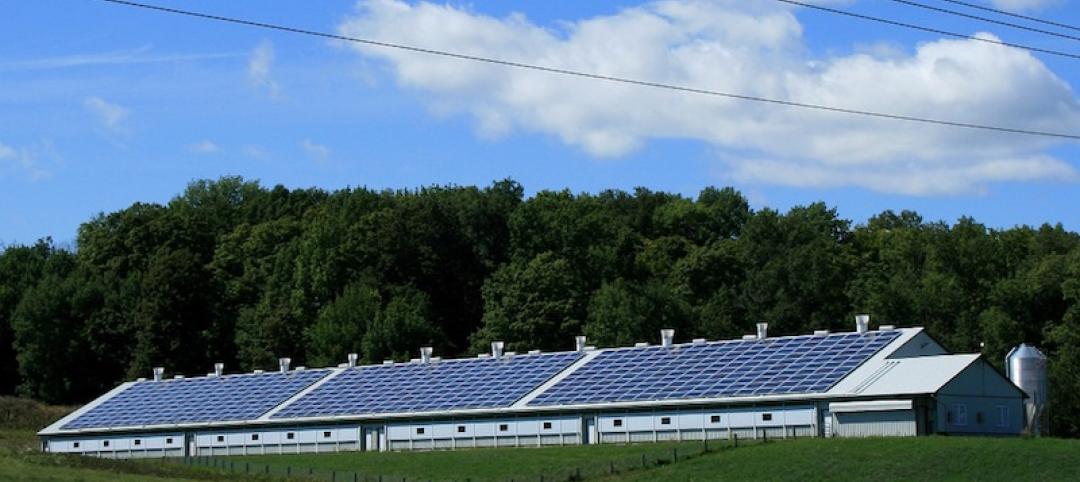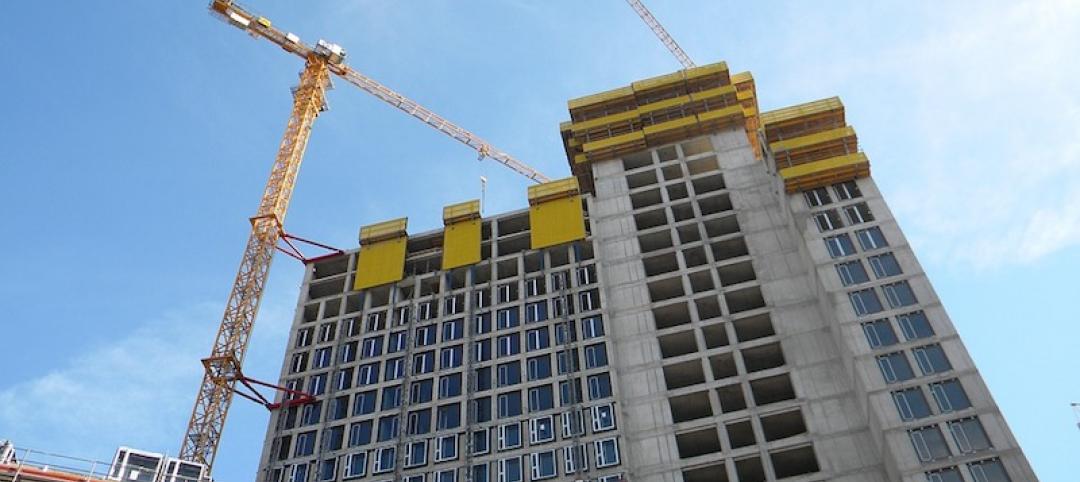Construction employment rebounded by 464,000 jobs in May, but the total remained 596,000 below the latest peak in February and the industry’s 12.7 percent unemployment rate was the highest for May since 2012, according to an analysis by the Associated General Contractors of America of government data released today. Association officials cautioned that the future job losses are likely as temporary federal support programs end, state and local officials deal with tighter budgets and private sector demand declines later this year.
“The huge pickup in construction employment in May is good news and probably reflects the industry’s widespread receipt of Paycheck Protection Program loans and the loosening of restrictions on business activity in some states,” said Ken Simonson, the association’s chief economist. “Nevertheless, the industry remains far short of full employment, and more layoffs may be imminent.
Simonson noted that the association’s latest survey found that nearly one-fourth of contractors reported a project that was scheduled to start in June or later had been canceled. He added that with most states and localities starting a new fiscal year on July 1, even more public construction is likely to be canceled unless the federal government makes up for some of their lost revenue and unbudgeted expenses.
The gain of 464,000 jobs in May followed losses of 995,000 in April and 65,000 in March, for a cumulative loss over three months of 596,000. Construction employment totaled 7,043,000 in May, about where it stood in late 2017, the economist noted.
The industry’s unemployment rate in May was 12.7 percent, with 1,187,000 former construction workers idled. These figures were roughly four times as high as in May 2019 and were the highest May levels since 2012 and 2011, respectively.
Association officials said the best way to avoid the expected future construction job losses is for federal officials to boost funding for infrastructure, including highway, bridges, waterways and airports. They noted that the additional funding would help cover expected state and local budget shortfalls and would help replace expected declines in private-sector demand.
“Government officials have done a good job providing temporary relief for firms struggling to cope with the economic impacts of the pandemic,” said Stephen E. Sandherr, the association’s chief executive officer. “As those temporary supports end, the broader economic realities of the lock-downs will cost countless construction jobs unless Congress and the Administration can work together to enact measures to revive the economy.”
Related Stories
Market Data | Oct 31, 2016
Nonresidential fixed investment expands again during solid third quarter
The acceleration in real GDP growth was driven by a combination of factors, including an upturn in exports, a smaller decrease in state and local government spending and an upturn in federal government spending, says ABC Chief Economist Anirban Basu.
Market Data | Oct 28, 2016
U.S. construction solid and stable in Q3 of 2016; Presidential election seen as influence on industry for 2017
Rider Levett Bucknall’s Third Quarter 2016 USA Construction Cost Report puts the complete spectrum of construction sectors and markets in perspective as it assesses the current state of the industry.
Industry Research | Oct 25, 2016
New HOK/CoreNet Global report explores impact of coworking on corporate real rstate
“Although coworking space makes up less than one percent of the world’s office space, it represents an important workforce trend and highlights the strong desire of today’s employees to have workplace choices, community and flexibility,” says Kay Sargent, Director of WorkPlace at HOK.
Market Data | Oct 24, 2016
New construction starts in 2017 to increase 5% to $713 billion
Dodge Outlook Report predicts moderate growth for most project types – single family housing, commercial and institutional building, and public works, while multifamily housing levels off and electric utilities/gas plants decline.
High-rise Construction | Oct 21, 2016
The world’s 100 tallest buildings: Which architects have designed the most?
Two firms stand well above the others when it comes to the number of tall buildings they have designed.
Market Data | Oct 19, 2016
Architecture Billings Index slips consecutive months for first time since 2012
“This recent backslide should act as a warning signal,” said AIA Chief Economist, Kermit Baker.
Market Data | Oct 11, 2016
Building design revenue topped $28 billion in 2015
Growing profitability at architecture firms has led to reinvestment and expansion
Market Data | Oct 4, 2016
Nonresidential spending slips in August
Public sector spending is declining faster than the private sector.
Industry Research | Oct 3, 2016
Structure Tone survey shows cost is still a major barrier to building green
Climate change, resilience and wellness are also growing concerns.
Industry Research | Sep 27, 2016
Sterling Risk Sentiment Index indicates risk exposure perception remains stable in construction industry
Nearly half (45%) of those polled say election year uncertainty has a negative effect on risk perception in the construction market.



